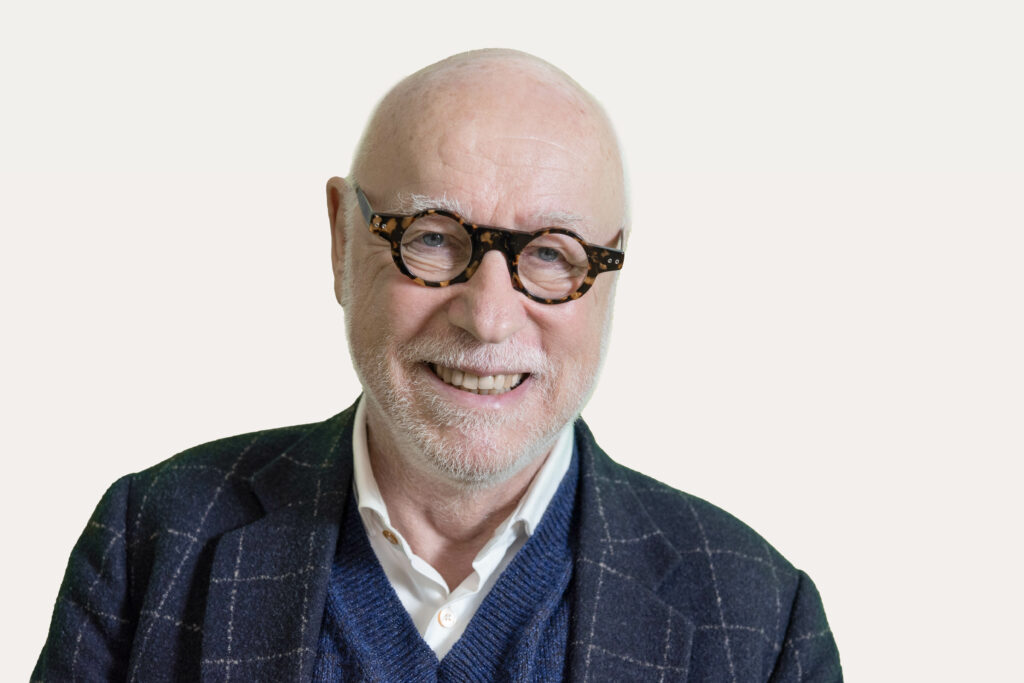The brainers

Jacques Antoine Malarewicz – Psychiatrist
After studying medicine and specialising in psychiatry, Jacques Antoine Malarewicz became head of department at a clinic specialising in the care of adolescents. Alongside his work as a psychotherapist in private practice, he also provides training and supervision to companies, consultants and coaches. He is the author of numerous books on Ericksonian hypnosis, the systemic approach, family and couple therapy, and intervention in large systems. His latest book, ‘La folie dans tous ses états’, was published by Humensciences in May 2022.
This brainer takes part in round-table discussions, offers improvisation sessions and the following solo talks:
Use or abuse of the notion of energy in psychotherapy?
Psychiatry, as a medical discipline, was born in the 19th century. Since the mind was, to all appearances, the object of movements that needed to be described and understood, it was necessary to give a name to this primum movens that produced what was long called the intermittences of the heart or soul. At a time when physics was obsessed with the emergence of electro-magnetism and thermodynamics, the question of energy came to the fore. However, many other concepts had already been proposed. Between Descartes' imagination, Spinoza's conatus and, closer to home, all the elaborations concerning the will, force and élan vital dear to Henri Bergson, vitalism, which originated in the 18th century, tends to resurface under the mask of a vision that claims to be spiritual, voluntarily anti-materialistic and holistic of psychic life. Today, however, it is energy that is most often invoked, particularly in most psychotherapeutic practices. Although it is never precisely defined - which is not surprising - this energy should be positive and solution-oriented. But is it a means or an end, how can it be made to work spontaneously, where does it come from and what is the relationship between body and mind?
Madness in all its forms
How do you define madness and therefore normality? It has taken no less than twenty centuries to draw the line. Psychiatrist and psychotherapist Jacques Antoine Malarewicz skilfully reveals this little-known history. It was necessary to move from the soul to the mind and from the mind to the psyche; to move away from religious terrain to make way for medicine. It took the obstinacy of a few doctors who became the spokespeople for their patients. Without taboos, the author also talks about his profession and denounces psychiatrists who simply prescribe drugs, as well as charlatans, ‘self-validated salesmen of fake happiness and personal development’. Much more than a history of mental disorders, this book is a formidable psychotherapy.